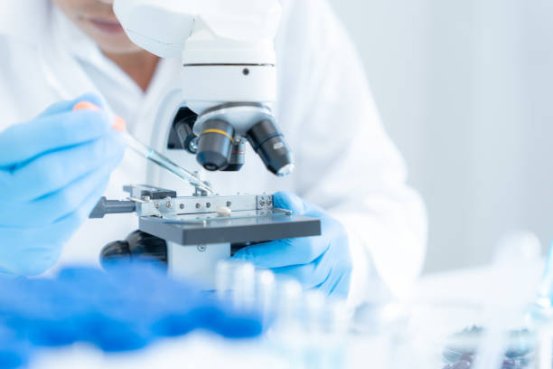Advancements in Biopharma Production Techniques are revolutionizing how medicines and therapies are developed, manufactured, and delivered, boosting efficiency, quality, and patient outcomes.

Enhanced Cell Culture Technologies
Modern cell culture methods have greatly increased biopharma production capabilities. Techniques such as fed-batch and perfusion processes allow higher yields of biologics with improved purity. By optimizing growth conditions—temperature, pH, and nutrient supply—manufacturers can maximize productivity while reducing production time and costs. Continuous processing further enables real-time monitoring and adjustments, improving efficiency and ensuring consistent, high-quality products for patients.
Single-Use Technologies (SUT)
Single-use bioreactors and disposable equipment have transformed production by reducing cross-contamination risks and shortening cleaning cycles. This improves flexibility, accelerates setup, and supports rapid scaling. SUT also allows smaller-scale production without heavy capital investment, enabling biotech startups to innovate alongside established companies and creating a more dynamic industry environment.
Automation and Artificial Intelligence
Automation and AI are becoming increasingly central to biopharma manufacturing. Smart systems use AI to analyze large data sets in real time, optimizing workflows and predictive maintenance. Robotics streamline repetitive tasks, freeing skilled staff to focus on critical analysis and problem-solving. These technologies increase efficiency, reduce waste, and enhance safety and reliability in production.
Advances in Quality Control and Assurance
Quality assurance has advanced through high-throughput screening and sophisticated analytical methods like mass spectrometry and chromatography. These tools enable comprehensive testing and characterization, ensuring consistency, safety, and compliance with stringent regulations. Improved quality control strengthens confidence among healthcare providers and patients, supporting the delivery of high-standard biologics.
DNA and RNA Technologies
DNA and RNA-based approaches mark a major breakthrough. mRNA technology, exemplified by COVID-19 vaccines, allows rapid therapeutic development and production, significantly shortening delivery timelines. Gene therapy advances also provide treatments for previously untreatable conditions, supporting personalized medicine tailored to individual patient needs.
Sustainable Biopharma Practices
Sustainability is gaining prominence in biomanufacturing. Practices now emphasize renewable energy, water conservation, and waste reduction. Circular economy models, where waste is repurposed as raw material, are increasingly adopted. These strategies benefit the environment, reduce production costs, and improve overall efficiency and competitiveness.
Implications for the Industry and Healthcare
Innovations in production techniques are transforming both biopharma manufacturing and patient care. Enhanced efficiency, lower costs, and higher-quality products are driving a shift toward agile, data-driven, and patient-centered operations. As technologies continue to evolve, the industry will emphasize speed, flexibility, and sustainability.
Looking Ahead
Staying informed about these advancements highlights the promise of biopharmaceuticals in addressing global health challenges. Monitoring these trends is essential for healthcare stakeholders, as they will continue to shape the development, production, and delivery of therapies.
Organizations such as the Biotechnology Innovation Organization (BIO) and the International Society for Pharmaceutical Engineering (ISPE) provide valuable insights into emerging trends and technologies in biopharma production.
